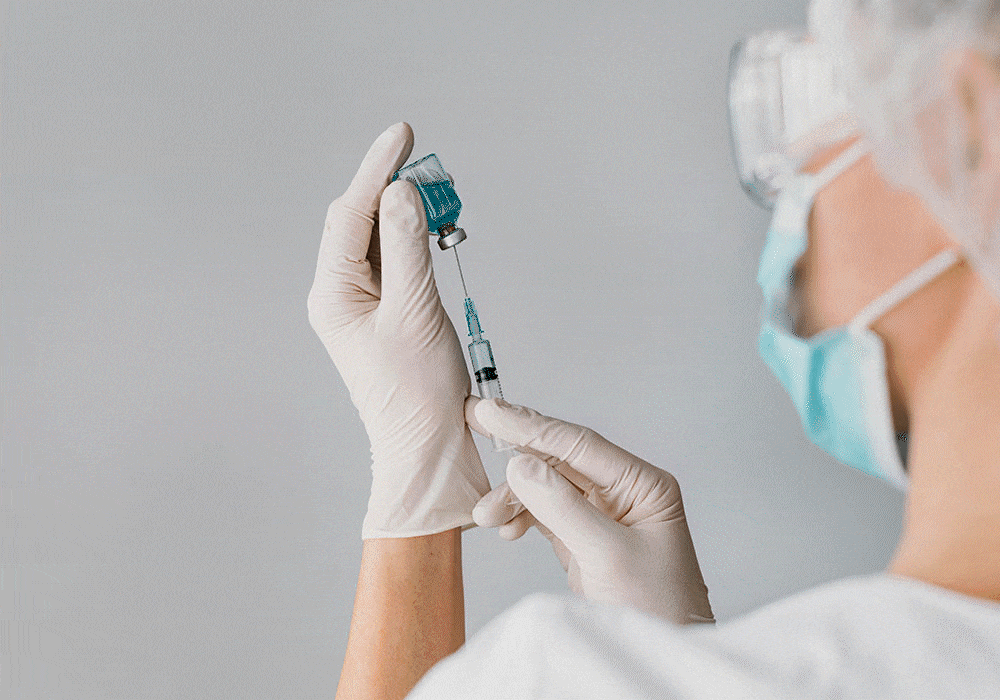About Biotechnology & Life Sciences
Read more about Biotechnology and Life Sciences.

About Biotechnology & Life Sciences
Read more about Biotechnology and Life Sciences.
What is Biotechnology?
The word biotechnology originates from ancient Greek and was coined from ‘bios’ (everything to do with life) and ‘technikos’ (involving human knowledge and skills). The OECD (the Organisation of Economic Co-operation and Development) defines biotechnology as “the application of scientific and engineering principles to the processing of materials by biological agents”. More simply, biotechnology uses living organisms to create useful products.




What are Life Sciences?
Oxford Languages defines Life Sciences as “the sciences concerned with the study of living organisms, including biology, botany, zoology, microbiology, physiology, biochemistry, and related subjects”.
What is Biomanufacturing?
Biomanufacturing is the use of biological mechanisms to i) synthesize products ii) act as tools or iii) undertake processes, at a scale required for commercial use.
Biomanufacturing can use different sources for the desired biological mechanisms:
- Animal and human cells;
- Plants, either individual cells or whole plants;
- Micro-organisms such as yeast, bacteria, fungi, and microalgae;
- Viruses.
Biomanufacturing can either use biological processes to synthesize desired products, or the biological material is the product itself.
Biotechnology & Life Sciences in numbers
Biotechnology outputs deliver a significant trade surplus for the EU with its global trading partners, at a value of €51.7 billion in 2022, a sevenfold increase since 2008.
Gross value added (GVA) from biotechnology activities hit €38.1 billion in 2022, almost doubled since 2008.
Employment growth through biotechnology is six times higher than the overall EU economy, with industrial biotechnology developing the fastest – growing over 7.5 times the EU average, with a steep increase over the years 2019 – 2022.
In 2023, over 71.8 million people aged from 25 to 64 were employed in science and technology in the EU, an increase of 2.7 % compared with 2022. This number includes physical and life sciences, as well as social sciences and humanities.
Although we do not always realise it, biotechnology is a huge part of our everyday lives and plays an invaluable role in meeting
Clothes
Clothes we wear and how we wash them.
Clothes
Clothes we wear and how we wash them.
Clothes
Clothes we wear and how we wash them.
Quality of life
No other industry is better placed to enhance the quality of life and respond to society’s ‘Grand Challenges’ of tackling many challenges. These include an ageing and ever increasing population, healthcare choice and affordability, resource efficiency, food security, climate change and energy shortages.
From new drugs to industrial processes
From new drugs that address our medical needs and fight epidemics and rare diseases, to industrial processes that use renewable feedstock instead of crude oil to lower the impact on the environment and crops that are able to grow in harsh climatic conditions and ensure safe and affordable food, biotech pays and will continue to pay economic, social and environmental dividends.
Brighter future for Europe
All of these technologies, and those that are still in the pipeline, promise a brighter future for Europe and the world. For this to happen, the industry requires sounds policy decisions that support innovation and risk, as well as a public informed of the benefits of biotech, which creates a healthier, greener, more productive and more sustainable economy.
